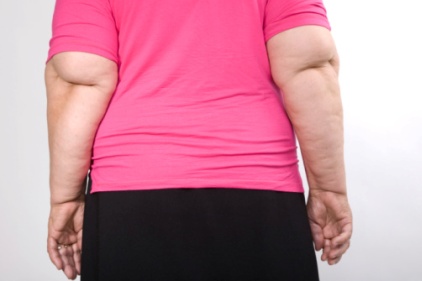Why weight matters

 Source: Harvard Medical School’s HEALTHbeat
Source: Harvard Medical School’s HEALTHbeat
If you’re having the occasional twinge of joint pain when you go for a walk or climb stairs, or you’re worried about arthritis because a parent had it, one step toward prevention is to check your weight.
There are two ways that being overweight raises your risk for developing osteoarthritis (the most common joint disorder, which is due to wear and tear on a joint).
First, excess weight puts additional stress on weight bearing joints (the knee, for example).
Second, inflammatory factors associated with weight gain might contribute to trouble in other joints (for example, the hands).
Let’s look at weight and your knees. When you walk across level ground, the force on your knees is the equivalent of 1½ times your body weight. That means a 200-pound man will put 300 pounds of pressure on his knees with each step. Add an incline and the force is greater. The force on each knee is two to three times your body weight when you go up and down stairs, and four to five times your body weight when you squat to tie a shoelace or pick up an item you dropped.
Losing a few pounds can go a long way toward reducing the pressure on your knees — and protecting them.
In one study, the risk of developing osteoarthritis dropped 50% with each 11-pound weight loss among younger obese women.
For men who get their body mass index (BMI) down from 30 or higher to between 25 and 29.9, knee osteoarthritis would decrease an estimated 20%. A similar change in women of the same age could cut the incidence of osteoarthritis of the knee by about 30%.
The best tactics for losing weight
Increasing physical activity has many health benefits and can help you shed weight. But stepping up your exercise alone is rarely enough to help you lose weight. Every pound you’d like to shed represents roughly 3,500 calories. So if you’re hoping to lose half a pound to one pound a week, you need to knock off 250 to 500 calories a day. A good way to start is to try to burn 125 calories through exercise and eat 125 calories fewer each day.
Don’t forget that the math works both ways: indulging in an extra 100 calories a day without burning them off can leave you 10 pounds heavier at the end of a year! Over time, routine treats like a scoop or two of ice cream, a calorie-packed coffee drink, or visits to the cookie or candy jar can tip the scales in the wrong direction.
For ways to lose the extra weight and live with less pain, buy Healthy Solutions to Lose Weight and Keep it Off.
Looking for a reprint of this article?
From high-res PDFs to custom plaques, order your copy today!








